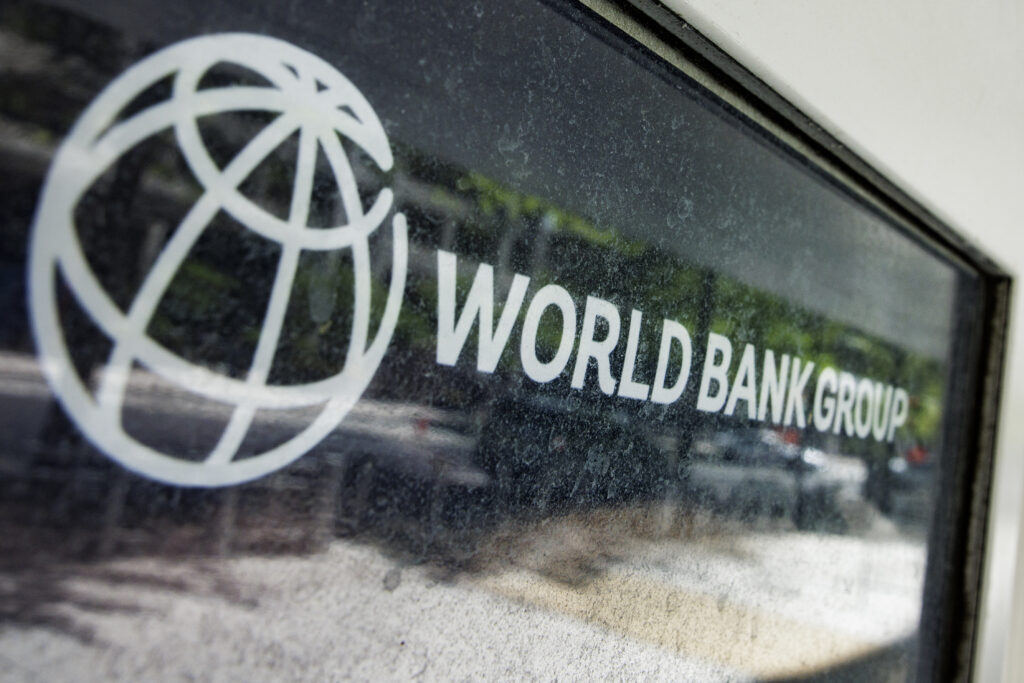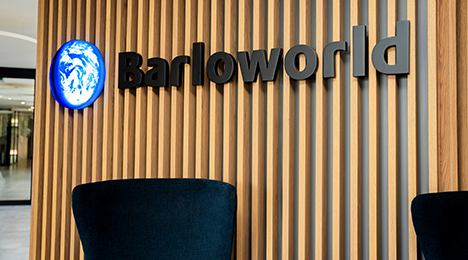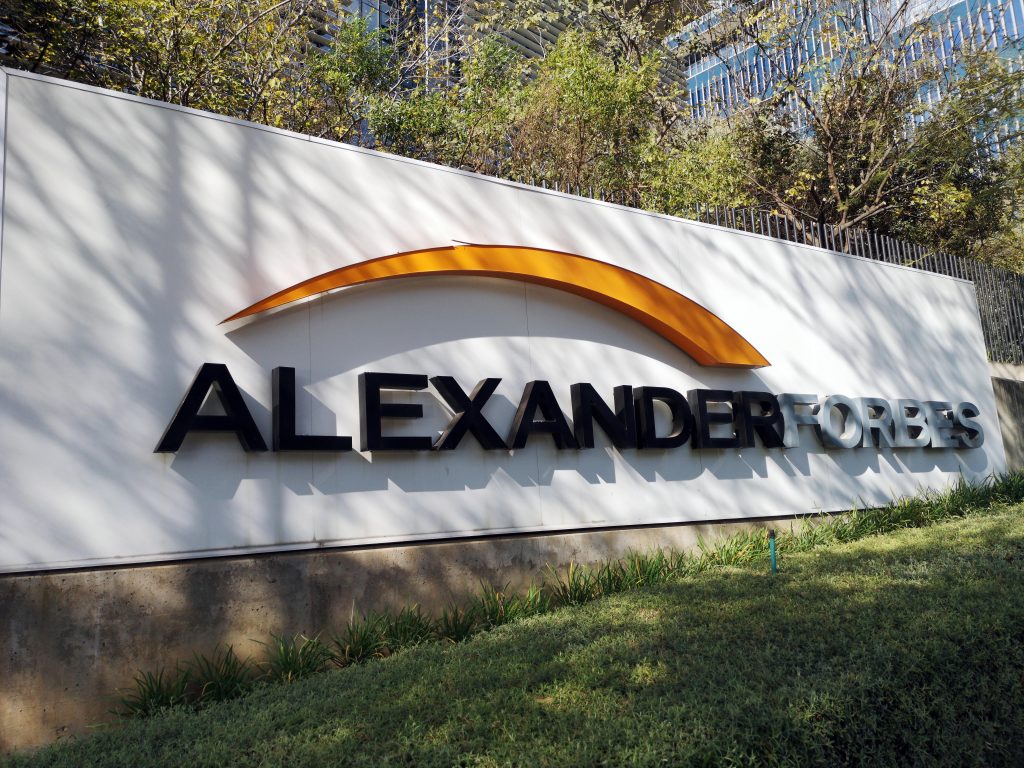Tensions flared in Los Angeles on the third day of anti-deportation protests, as demonstrators clashed with law enforcement while President Donald Trump and California Governor Gavin Newsom exchanged blame over the unrest and responsibility for restoring order.
The arrival of National Guard troops deployed by Trump over the weekend inflamed residents protesting the sweeping deportation policies of the administration, local officials said. The unrest escalated Sunday evening, with some committing vandalism and violence, including burning cars.
ADVERTISEMENT
CONTINUE READING BELOW
The heightened federal response over the objections of state and city officials led to growing friction between local leaders and the Trump administration. Newsom said he formally requested the White House rescind the “unlawful” deployment and return the troops to his command, warning it would only ramp up tensions. The governor also said Sunday that he planned to sue the administration over the action.
LA Police Chief Jim McDonnell said Sunday evening many of the earlier protests around the city had been peaceful, but that conditions deteriorated as people committing vandalism and violence replaced daytime demonstrators.
“This violence that I’ve seen is disgusting,” McDonnell said at a press conference. “What we saw the first night was was bad. What we’ve seen subsequent to that is getting increasingly worse and more violent.” The department issued an order telling people to immediately leave the downtown area, declaring it an “unlawful assembly.”
In a series of Truth Social posts late Sunday, Trump described the unrest as an attack on immigration enforcement efforts. “A once great American City, Los Angeles, has been invaded and occupied by illegal aliens and criminals,” he wrote.
Trump called the demonstrations “migrant riots” and said federal agencies were directed to take “all such action necessary” to restore order and continue deportation operations. He later urged law enforcement to escalate their response, including arresting people wearing face masks and said McDonnell should bring in the troops “right now.”
Newsom urged protesters to remain peaceful, an admonition some demonstrators ignored as crowds blocked a major roadway through downtown and people set fire to several self-driving ride-hailing vehicles nearby, sending black plumes into the sky.
Newsom met Sunday evening with law enforcement leaders in Los Angeles, he posted on X. “We’re here to keep the peace — not play into Trump’s political games,” he wrote.
According to LAPD officials, nearly 30 people were arrested Saturday. At least 10 arrests were made Sunday and three officers were injured. The California Highway Patrol made 17 arrests and the LAPD said more are likely as the immigration raids continue and the violence that’s already taken place is investigated. The San Francisco police also reported that on late Sunday they arrested about 60 people after protests against ICE raids broke out downtown.
Federal law enforcement officials clashed briefly with a smaller group of demonstrators earlier on Sunday when a crowd gathered outside a federal building in downtown LA. The LAPD declared the gathering an unlawful assembly, using less than lethal munitions, like tear gas and batons to chase the crowd back. The LAPD said some people in the crowd threw bottles, chunks of concrete and other objects.
The ICE raids are sending a sense of fear and chaos into the city, LA Mayor Karen Bass said during a press conference late Sunday afternoon, adding that people who want to protest should do so peacefully. The First Amendment grants a right to peaceful protest “but it does not give you the right to be violent to create chaos, or to vandalize property, and that will not be tolerated,” she said.
California National Guard face protesters outside a jail in Los Angeles on June 8. Image: Spencer Platt/Getty Images
National guard
The tense demonstration follows two days of protests sparked by sweeping US immigration raids across the region. Trump directed US Northern Command to assume control of the National Guard and dispatch 2 000 soldiers to the area “for 60 days or at the discretion of the Secretary of Defense,” the White House said in a statement.
About 300 soldiers from the California National Guard’s 79th Infantry Brigade Combat Team have been deployed to three locations in greater LA, according to US Northern Command. The Guard is focused on “safety and protection of federal property and personnel,” the command said in a post on X.
The 79th IBCT is primarily a combat unit, though it has previously been called up to support civilian authorities, and a unit most recently responded to the LA-area wildfires earlier this year.
ADVERTISEMENT:
CONTINUE READING BELOW
Defense Secretary Pete Hegseth said that Marines could be sent next if protests intensify. Newsom called Hegseth’s suggestion of deploying the Marines from nearby Camp Pendleton “deranged.”
Hegseth on Sunday countered that Newsom had allowed violence to get out of hand.
“Deranged = allowing your city to burn & law enforcement to be attacked,” Hegseth said in a post on X. “There is plenty of room for peaceful protest, but ZERO tolerance for attacking federal agents who are doing their job. The National Guard, and Marines if need be, stand with ICE.”
Facing mounting pressure from the White House, ICE has ramped up arrests in recent weeks, averaging about 2,000 detentions per day nationwide — still falling short of the administration’s goal of at least 3,000 daily arrests. The stepped-up enforcement is part of Trump’s vow to carry out the largest deportation campaign in US history. In the LA area, ICE reported 118 arrests this week, though the agency has not released updated figures as of Sunday morning.
The protests were triggered in part by federal immigration raids that swept through the city from late Friday. Demonstrators gathered outside the federal building downtown, including outside a detention center. Other protests broke out in Compton and in Paramount, south of the city, where a crowd formed near a Home Depot as raids were reportedly underway.
Tensions escalated when some protesters threw objects at officers, prompting the LAPD to declare an unlawful assembly and order the crowd to disperse, according to local media reports. Riot police used tear gas and flash-bang grenades.
US Representative Nanette Barragan, a Democrat whose district includes Paramount and other parts of Los Angeles County, accused the Trump administration of using federal troops to suppress dissent. By the time the more violent skirmishes broke out Saturday night, the original protesters had already cleared out and the “unruly folks” had arrived, she said.
“It’s going to escalate the situation,” she said Sunday on CNN’s State of the Union. “People are going to protest because they’re angry about the situation. And we have to just reiterate the people to do it peacefully.”
Barragan described ICE agents stopping “anybody at a bus stop that’s going to shop” and said she was warned to expect 30 days of stepped-up enforcement.

The National Guard, police and protesters stand off outside of a downtown jail in Los Angeles on June 8. Image: Spencer Platt/Getty Images North America
‘Form of rebellion’
Trump has repeatedly threatened to cut off federal funding to cities and states that limit cooperation with federal immigration authorities — so-called “sanctuary” jurisdictions — including LA. California law bars local law enforcement from using resources to assist in most federal immigration actions.
In response to past federal crackdowns, California Attorney General Rob Bonta has defended the state’s sanctuary policies and sued the Trump administration over attempts to force local compliance, arguing that California has the right to set its own public safety priorities.
In an interview with NBC News, Trump border czar Tom Homan said Newsom and Bass should be thanking the president for helping to restore order. Homan warned the leaders could face arrest if they obstruct immigration enforcement efforts.
The White House said the National Guard was being deployed to protect federal personnel and property, including immigration detention centers, citing what Trump described as credible threats of violence that could obstruct enforcement efforts and “constitute a form of rebellion” against the US government.
But the legal basis for the decision could face challenges. Federal law strictly limits the deployment of federal troops within US borders.
The 1878 Posse Comitatus Act, along with amendments and supporting regulations, generally bars the use of the active-duty U.S. military — the Army, Navy, Air Force and Marines — from carrying out domestic law enforcement. The law doesn’t apply to state-controlled National Guard forces.
© 2025 Bloomberg
Follow Moneyweb’s in-depth finance and business news on WhatsApp here.

 3 hours ago
1
3 hours ago
1























 English (US) ·
English (US) ·